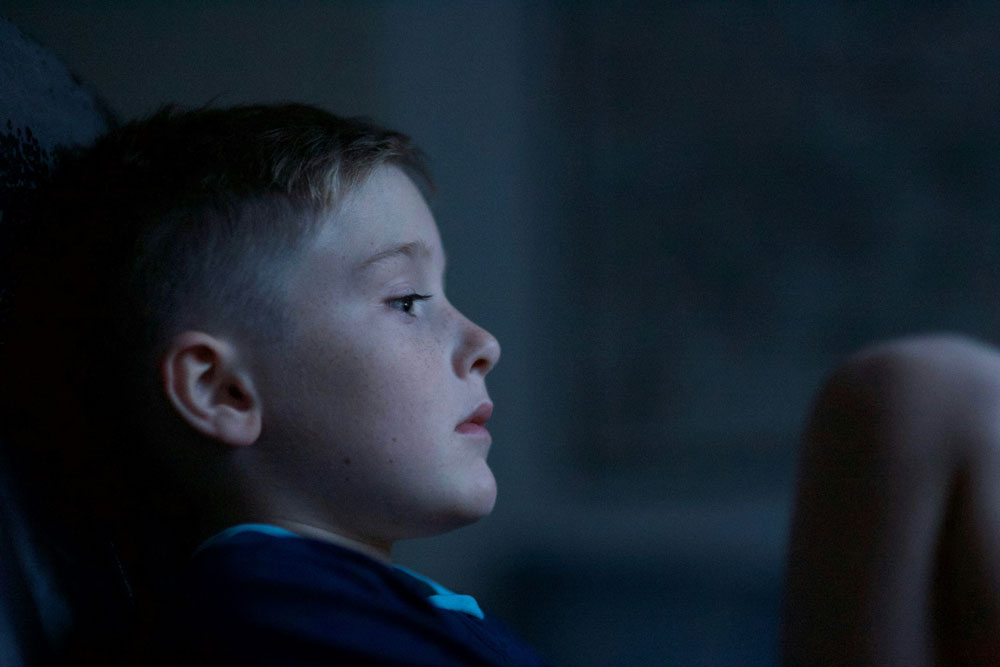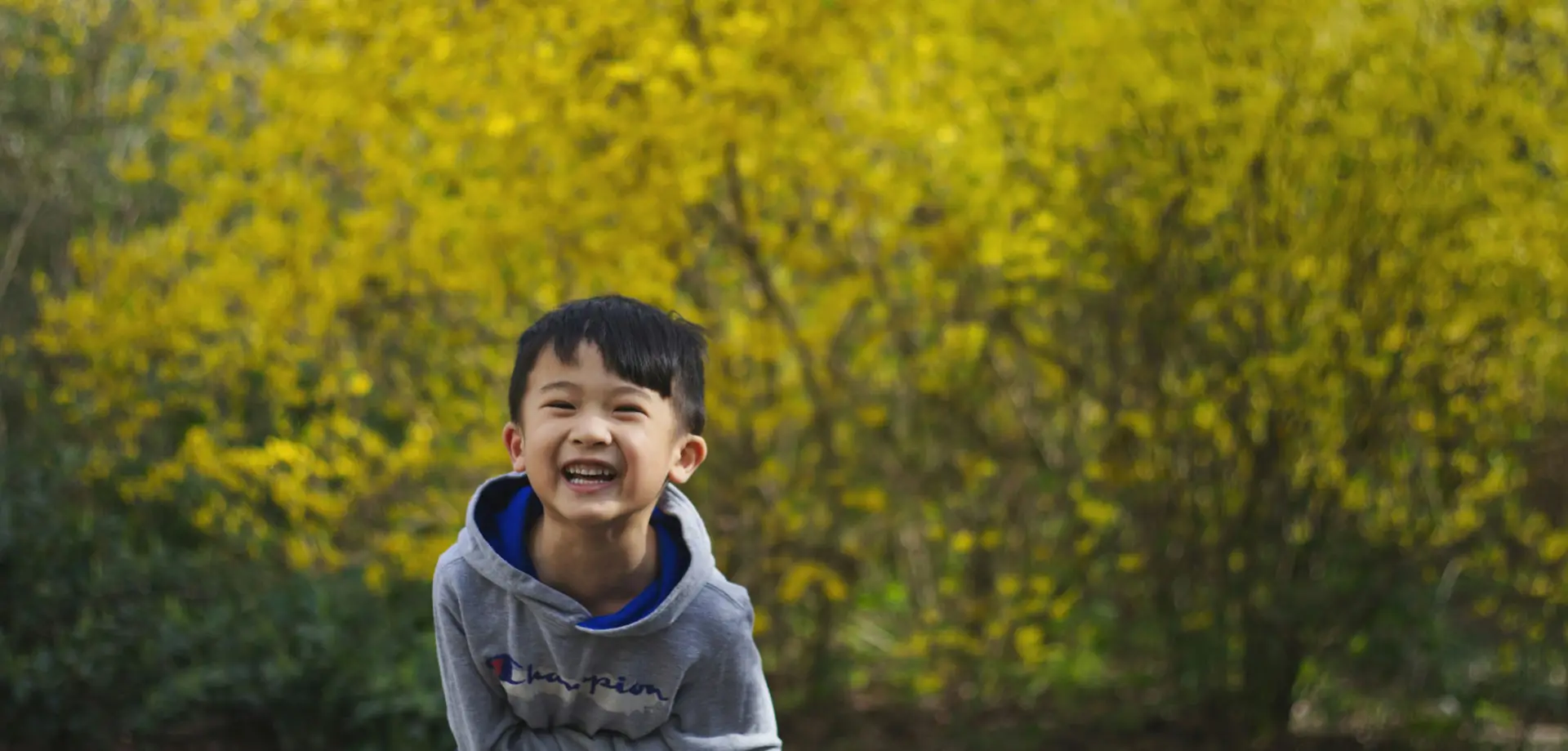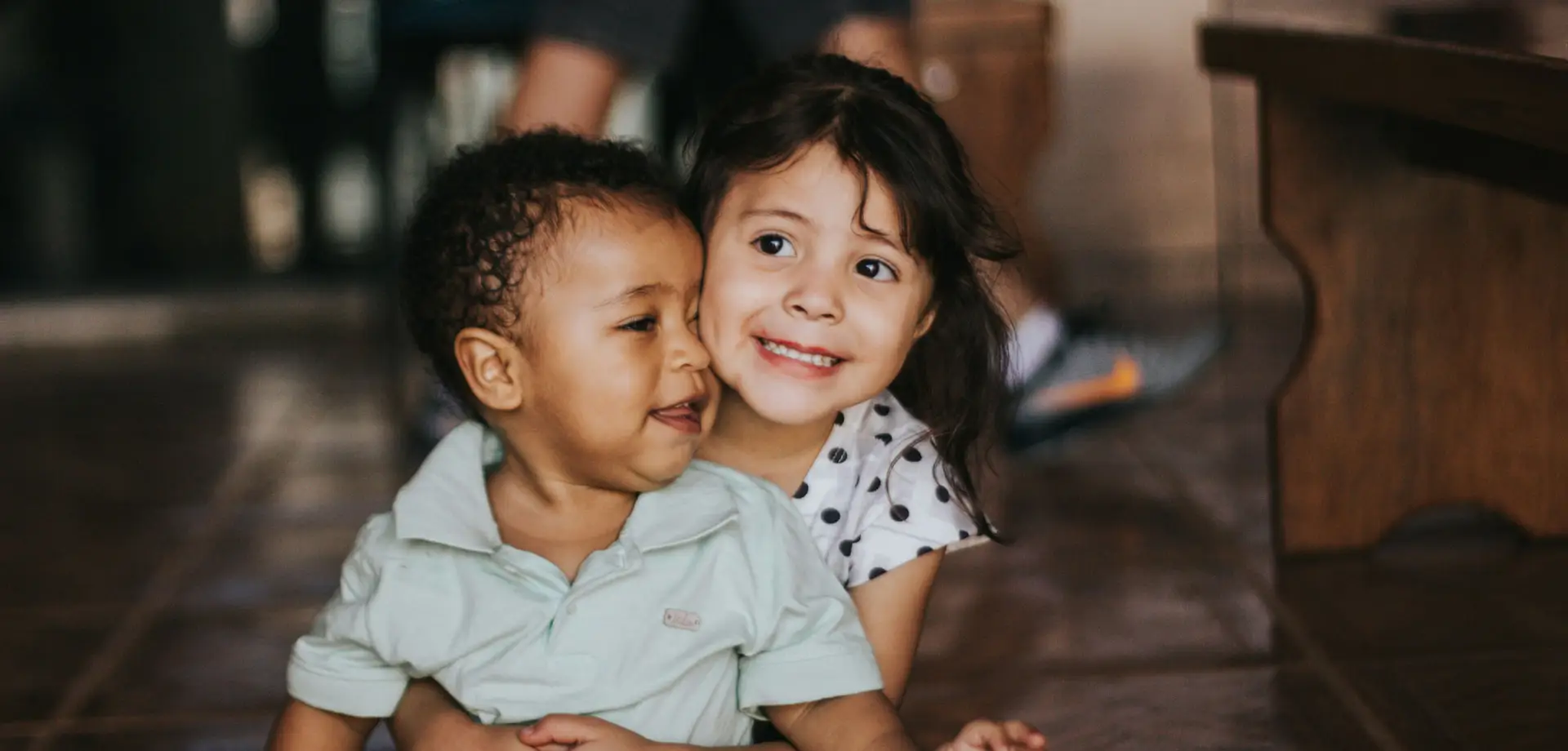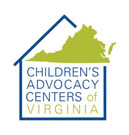LEARN
Child Abuse Information
- 800,000+ children are confirmed victims of abuse or neglect annually in the U.S.
- Neglect is the most common form, followed by physical abuse.
- Young children (ages 0-6) are most vulnerable to abuse.
- 1 in 4 girls and 1 in 7 boys will be sexually assaulted before age 18.
- 95% of all victims know their perpetrators, often family or friends.
- Only 1 in 10 child victims are estimated to disclose abuse.
- Neglect is the most common form, followed by physical abuse.
If you suspect child abuse or neglect, call your local department of social services or the Virginia Department of Social Services’ 24-hour, toll-free CPS Hotline at
1-800-552-7096
Table of Contents
Spotting Abuse: What Parents Should Know
The first step in helping abused children is learning to recognize the symptoms of child abuse. Child abuse is divided into four types:
- Physical Abuse
- Neglect
- Sexual Abuse
- Emotional Maltreatment
These types often occur in combination rather than alone. For example, a physically abused child is often emotionally maltreated, and a sexually abused child may also be neglected. Any child, at any age, can experience any type of abuse, though children over age five are more likely to be physically abused and suffer moderate injury than those under age five.

Recognizing Child Abuse
Experienced educators likely have seen all forms of child abuse at one time or another. They are alert to signs that may signal the presence of child abuse.
Signs in the Child:
- Sudden changes in behavior or school performance
- Unaddressed physical or medical problems
- Learning problems without a specific physical or psychological cause
- Constant watchfulness, as though preparing for something bad
- Lack of adult supervision
- Overly compliant, overachieving, or too responsible behavior
- Reluctance to go home, arriving early and staying late at school
Signs in the Parent:
- Little concern for the child, rarely responding to school requests
- Denying or blaming the child for problems at school or home
- Requesting harsh physical discipline for misbehavior
- Viewing the child as bad, worthless, or burdensome
- Demanding unattainable levels of perfection
- Relying on the child for emotional needs
Signs in the Parent-Child Relationship:
- Rarely touching or looking at each other
- Viewing their relationship negatively
- Expressing dislike for each other
None of these signs alone proves child abuse is present in a family. They can be found in any parent or child at one time or another. However, when these signs appear repeatedly or in combination, they should prompt a closer look at the situation and consideration of the possibility of child abuse. A second look may reveal further signs of abuse or specific types of child abuse.
Recognizing Child Abuse
Experienced educators likely have seen all forms of child abuse at one time or another. They are alert to signs that may signal the presence of child abuse.
Signs in the Child:
- Sudden changes in behavior or school performance
- Unaddressed physical or medical problems
- Learning problems without a specific physical or psychological cause
- Constant watchfulness, as though preparing for something bad
- Lack of adult supervision
- Overly compliant, overachieving, or too responsible behavior
- Reluctance to go home, arriving early and staying late at school
Signs in the Parent:
- Little concern for the child, rarely responding to school requests
- Denying or blaming the child for problems at school or home
- Requesting harsh physical discipline for misbehavior
- Viewing the child as bad, worthless, or burdensome
- Demanding unattainable levels of perfection
- Relying on the child for emotional needs
Signs in the Parent-Child Relationship:
- Rarely touching or looking at each other
- Viewing their relationship negatively
- Expressing dislike for each other
None of these signs alone proves child abuse is present in a family. They can be found in any parent or child at one time or another. However, when these signs appear repeatedly or in combination, they should prompt a closer look at the situation and consideration of the possibility of child abuse. A second look may reveal further signs of abuse or specific types of child abuse.

Signs of Physical Abuse
Look for the following indicators in children and adults to better spot physical abuse.
Consider the possibility of physical abuse when the child:
- Has unexplained burns, bites, bruises, broken bones, or black eyes
- Has fading bruises or other marks noticeable after an absence from school
- Seems frightened of the parents and protests or cries when it is time to go home from school
- Shrinks at the approach of adults
- Reports injury by a parent or another adult caregiver
Consider the possibility of physical abuse when the parent or other adult caregiver:
- Offers conflicting, unconvincing, or no explanation for the child’s injury
- Describes the child as “evil,” or in some other very negative way
- Uses harsh physical discipline with the child
- Has a history of abuse as a child

Signs of Neglect
Look for the following indicators in children and adults to better spot neglect.
Consider the possibility of neglect when the child:
- Is frequently absent from school
- Begs or steals food or money from classmates
- Lacks needed medical or dental care, immunizations, or glasses
- Is consistently dirty and has severe body odor
- Lacks sufficient clothing for the weather
- Abuses alcohol or other drugs
- States there is no one at home to provide care
Consider the possibility of neglect when the parent or other adult caregiver:
- Appears indifferent to the child
- Seems apathetic or depressed
- Behaves irrationally or bizarrely
- Is abusing alcohol or other drugs
Signs of Sexual Abuse
Look for the following indicators in children and adults to better spot sexual abuse.
Consider the possibility of sexual abuse when the child:
- Has difficulty walking or sitting
- Suddenly refuses to change for gym or to participate in physical activities
- Demonstrates bizarre, sophisticated, or unusual sexual knowledge or behavior
- Becomes pregnant or contracts a venereal disease, particularly if under age fourteen
- Runs away
- Reports sexual abuse by a parent or another adult caregiver
Consider the possibility of sexual abuse when the parent or other adult caregiver:
- Is unduly protective of the child, severely limits the child’s contact with other children, especially of the opposite sex
- Is secretive and isolated
- Describes marital difficulties involving family power struggles or sexual relations
Public Awareness and Professional Resources
PublicHealth.org is dedicated to connecting patients, students, and professionals to the latest and most useful healthcare information and resources available.

Signs of Emotional Maltreatment
Look for the following indicators in children and adults to better spot emotional maltreatment.
Consider the possibility of emotional maltreatment when the child:
- Shows extremes in behavior, such as overly compliant or demanding behavior, extreme passivity or aggression
- Is either inappropriately adult (e.g., parenting other children) or inappropriately infantile (e.g., frequently rocking or head-banging)
- Is delayed in physical or emotional development
- Has attempted suicide
- Reports a lack of attachment to the parent
Consider the possibility of emotional maltreatment when the parent or other adult caregiver:
- Constantly blames, belittles, or berates the child
- Is unconcerned about the child and refuses to consider offers of help for the child’s school problems
- Overtly rejects the child
Signs of Emotional Maltreatment
Look for the following indicators in children and adults to better spot emotional maltreatment.
Consider the possibility of emotional maltreatment when the child:
- Shows extremes in behavior, such as overly compliant or demanding behavior, extreme passivity or aggression
- Is either inappropriately adult (e.g., parenting other children) or inappropriately infantile (e.g., frequently rocking or head-banging)
- Is delayed in physical or emotional development
- Has attempted suicide
- Reports a lack of attachment to the parent
Consider the possibility of emotional maltreatment when the parent or other adult caregiver:
- Constantly blames, belittles, or berates the child
- Is unconcerned about the child and refuses to consider offers of help for the child’s school problems
- Overtly rejects the child
